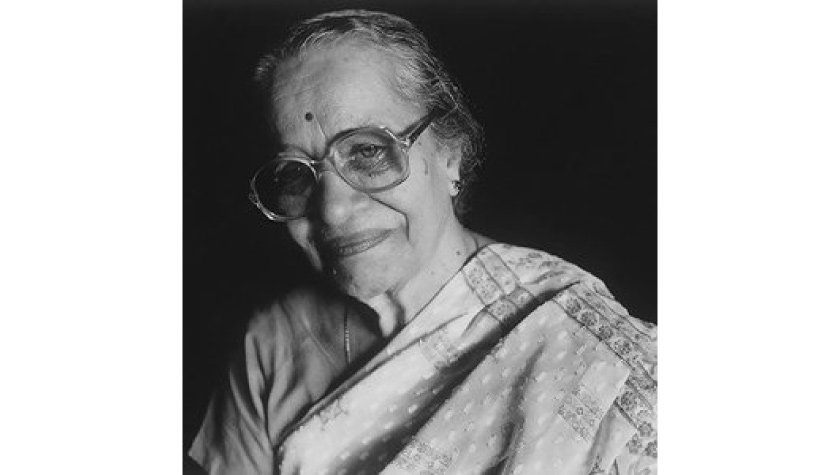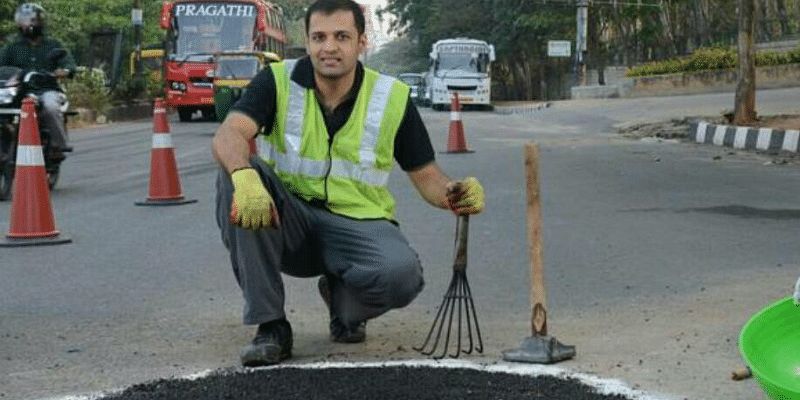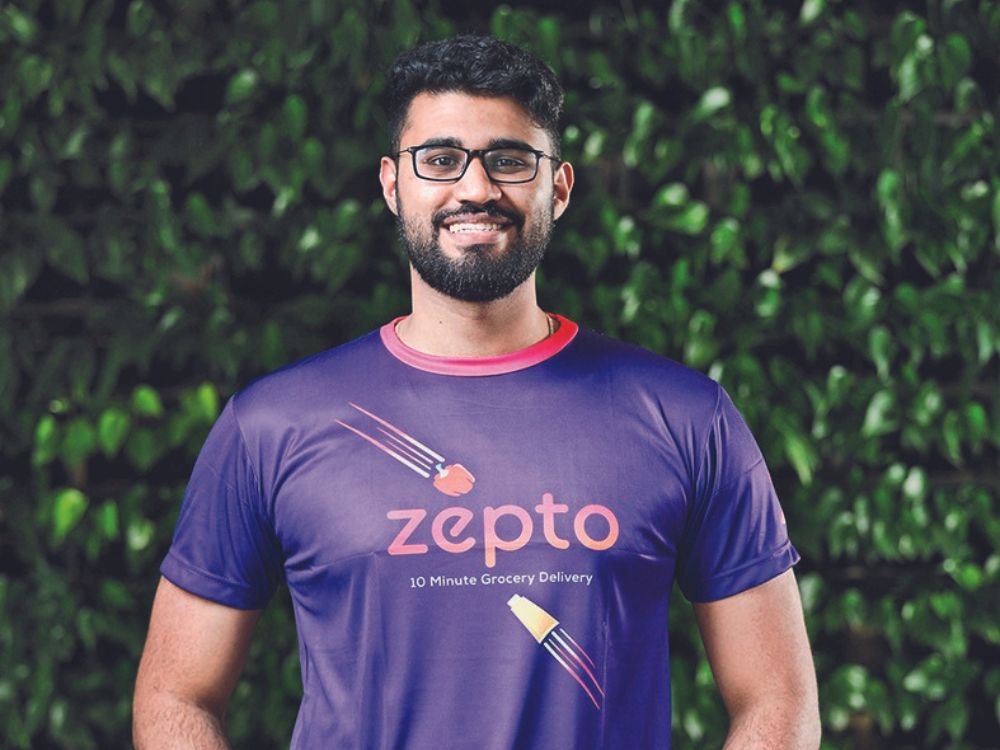Have you ever known a heroine other than the ones who work in movies?
RECITE YOU is here to share about a real-life heroine of science, Kamal Ranadive. Who was one of India’s pioneers in early cancer research. She was an Indian biologist whose work in cancer research earned her an international reputation. She was also the first in the nation to propose the correspondence between breast cancer and heredity.
Kamal Ranadive, a Padma Bhushan holder and passionate science student didn’t just lead the renowned institution like the Indian Cancer Research Centre (ICRC) but also sets up the India’s first tissue culture lab.
Her father wanted her to become a doctor but, in her heart, she had other plans and interest as destiny has planned something different for her. Her life and her work show her dedication to science and her commitment to public health. Kamal Ranadive had more than 200 published research papers to her name because of her hard work and unfailing support and encouragement of her husband (J T Ranadive, a mathematician) and her parents.
Kamal Ranadive: Early Life, Education, and Career Beginnings
Kamal Ranadive was born on 8 November 1917, in Pune. She was blessed by the divine as her family was progressive and valued education. In early 1900s, hardly any family in Maharashtra would review educating their daughter. But Dinkar, a former biology professor at Fergusson College in Pune thought otherwise and ensured regarding his children’s education. Kamal’s mother was an important influence, encouraging her interest in science.
She did her schooling from Huzurpaga High School and attended the University of Pune, for her early education. Due to her exposure to advanced studies and deep interest in biology, particularly cell biology and genetics, she pursued Master’s degree in Zoology and went on to appear as one of India’s first and leading women scientist.
Her relocation to Bombay after her marriage was immensely beneficial for her career, as she now had the opportunity to work with the founder of Indian Career Research Centre (ICRC), Dr V R Khanolkar. She continued her doctoral research under the guidance of Dr. S.C. Mitra at the University of Bombay. She earned her Ph.D. in 1949 for her work on the genetics of mammals.
After completing her doctorate, she got involved in the teaching positions, which was the most common path for women of her time. Later, she realized her true passion plants in research. Her early scientific career highlights her deep interest in animal cell biology, specifically how cells respond to external stimuli and their behavior in disease states.
In 1949, she joined the newly established Tata Memorial Centre (TMC) in Mumbai, which later became one of India’s premier cancer research institutes. This moment in her life was crucial, as the move marked the beginning of her lifelong commitment to cancer research. Here, she started studying collaboratively with other renowned scientist about the biology of cancer, focusing on the cellular mechanisms that govern abnormal cell division – a hallmark of cancer.
Her work at TMC put her at the frontline of cancer research in India. During that period, cancer as a disease was largely misunderstood and poorly researched in the country. Although west scientists, started making significant advances in understanding the molecular and cellular base of cancer, and the research in India was still in its early stages. Kamal Ranadive tried to bridge this gap, by directing thorough research to understand the development of cancer and how it spreads in the human body.
Read Also: Wheels of Change – Amazon India’s First Female Truck Driver!
In list of Kamal’s significant contribution was her work on the tissue culture of cancer cells, the study of role of the immune system in cancer. Her work mentioned that the body’s immune response can play a role in either promoting of inhibiting the spread of cancer. In the 1960s, she tried the expand her research by focusing to include the study of cancer epidemiology, which looks upon how one’s lifestyle, environment, and genetics contribute to cancer risk. She was the first human to bring attention to the interconnection between cancer and various environmental factors such as tobacco, diet, air and water pollution.
Her research on the biological mechanism of cancer metastasis (spread of cancer cells from one organ to another) was another critical aspect of her work. She identified how cancer cells infiltrate surrounding tissue and move through bloodstream, Kamal Ranadive made significant improvements in understanding the advancement of cancer within the body. This research of hers helped lay the foundation for future developments in cancer treatment and prevention.
In 1972, Kamal Ranadive was appointed as the director of the Indian Cancer Research Centre (ICRC) in Mumbai, which further fortified her legacy as one of India’s leading cancer researchers. During her tenure, she nurtured collaborations with international institutions and promoted the importance of scientific research in improving health outcomes.
One of the key figures in establishing the Indian Women Scientists Association (IWSA) in 1973, was Ranadive. An organization aimed at supporting women scientists in India. Till date IWSA continues to provide a platform to women in science, helping them guide the challenges they face in an academic and research environment which is dominated by men. Kamal Ranadive’s scientific contribution earned her Padma Bhushan, one of the India’s highest civilian honors, in 1982 and numerous accolades.
Post her retirement, she devoted her time in dealing with the malnutrition scenario among the tribals in Rajur, Maharashtra. She recognized cancer was not only the one challenge but infectious diseases, malnutrition and environmental hazards were also the part of public health challenges. Apart from supplying medication, nutritional supplements and raising awareness among the tribal community, she also trained many women as primary health workers.





2 Comments
Heard talk about jj99 but you know, I’m always sceptical. Just lookin’ for a good time. Let’s find some luck. jj99
188betting, eh? Been having a punt on there for a while actually. Get decent odds and haven’t had any dramas cashing out. Just saying! 188betting